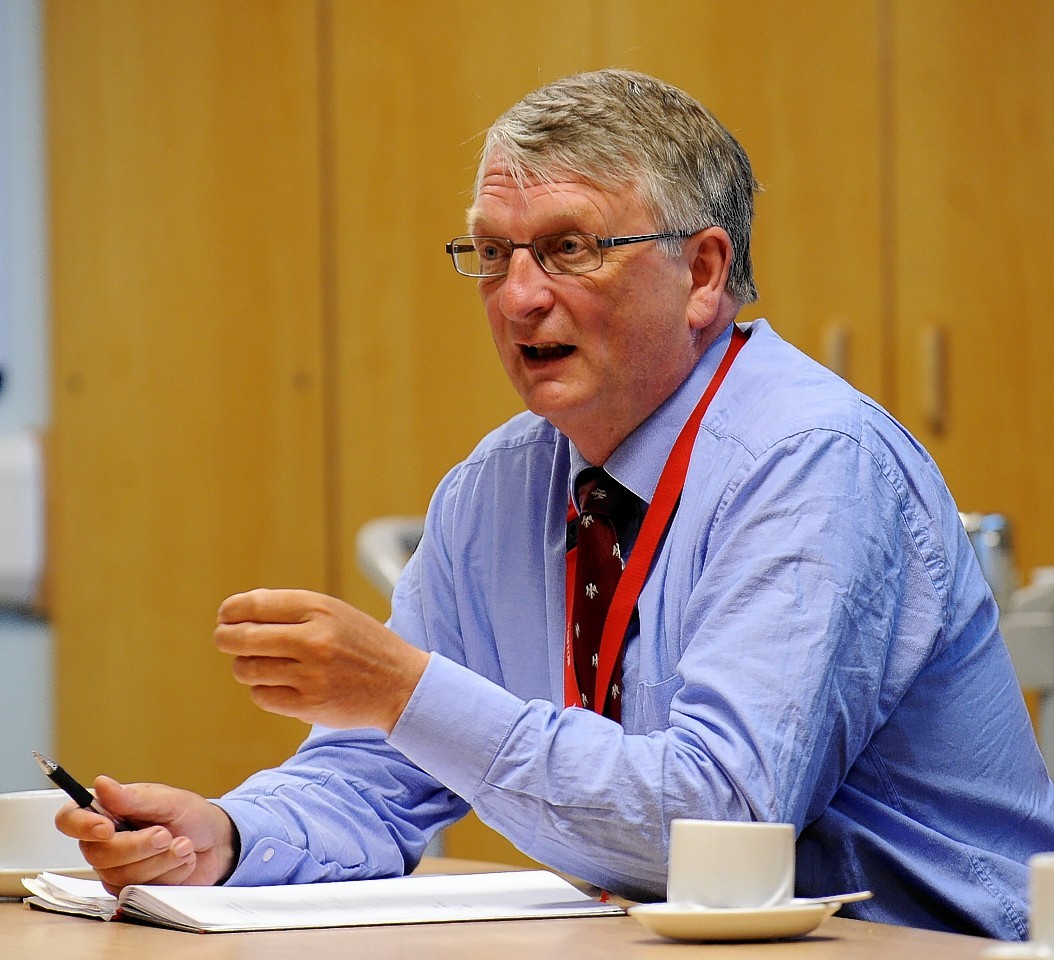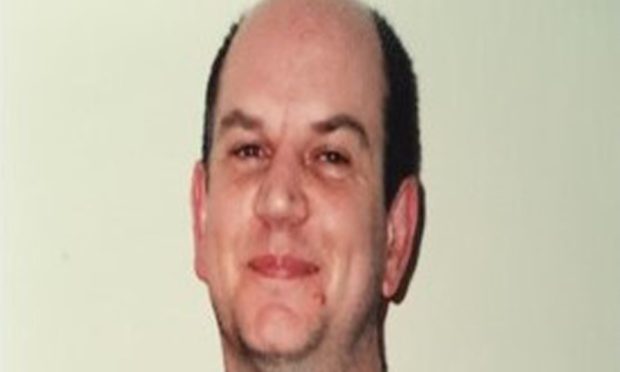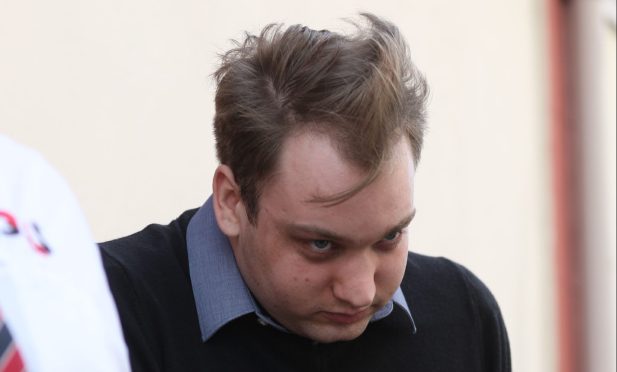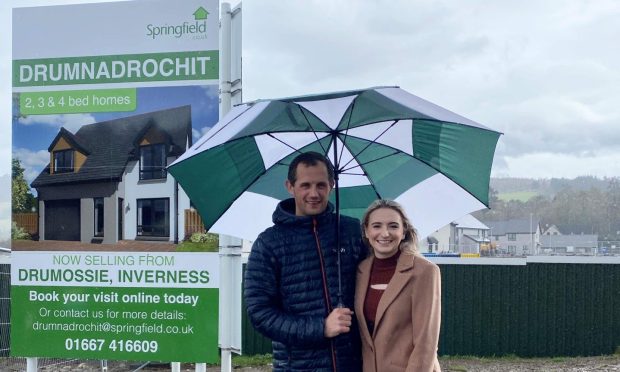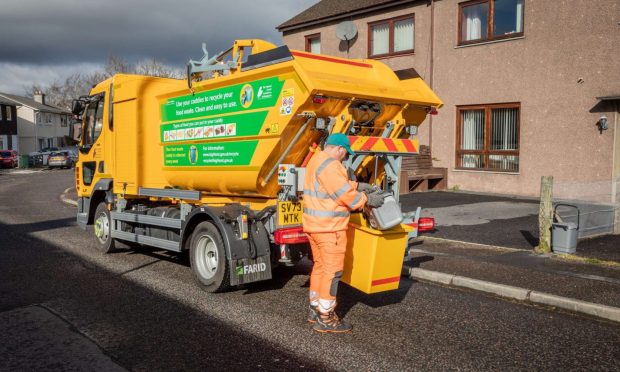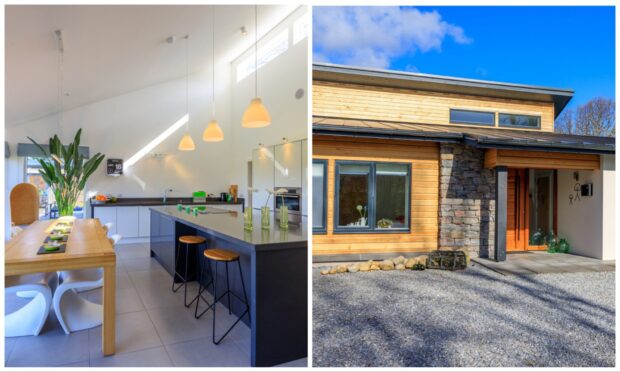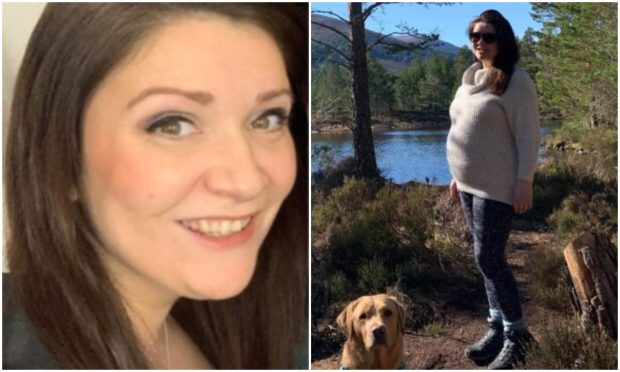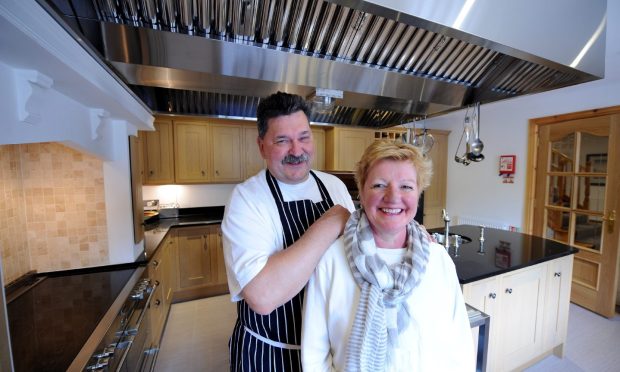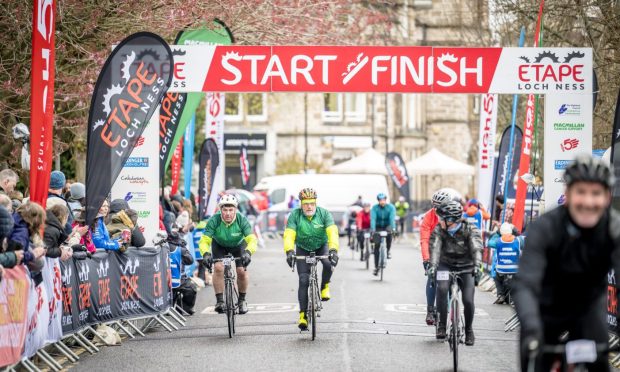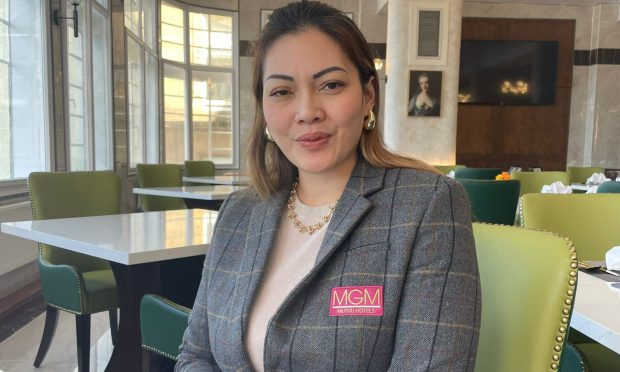The boss of NHS Highland has urged communities across the north to show “courage” as he unveiled his vision for a radical shake-up of health services.
David Alston called for a new army of “local heroes” to be recruited in rural areas, combining roles of retained firefighters, first-responders and health workers.
And the health board chairman outlined proposals to create an entire “new profession” of highly-skilled care workers to ease pressure on local GPs and nurses.
But he warned communities across the region that they must be prepared to show “courage” as much-loved services are reformed.
Mr Alston was speaking in an exclusive interview with the Press and Journal as he prepares to mark the end of his first year in charge.
He revealed that after financial uncertainty in recent years, the local NHS would come in on budget this year, but warned “fundamentally different ways of doing things” were being explored as an unprecedented £100million of cuts hit the service over the next three years.
The former Highland Council budget leader has spent his first year in the NHS job travelling the vast region, engaging with communities and other health boards, and has also gone on shift with hospital porters, care workers and other service providers.
He said the role was “privilege” which he was enjoying “tremendously”, not least because of the love and pride workers and the public feel for the NHS.
But Mr Alston said that affection also created resistance to change, which he aims to overcome.
“Just because of the way people feel so strongly about the health service, people feel very attached to ways of delivering the health service which have delivered for them in the past, and I understand that as well,” Mr Alston said.
“But sometimes, for all of us, I think we can be locked into old models that aren’t going to work in the future and it takes an act of courage – and that’s lots of individual acts of courage – to look to the future and say ‘no, we need to do it a different way’.”
Key changes over the coming years will include dramatically cutting the amount of time people spend in hospitals, and an overhaul of the way the adult care service works.
“What we desperately need is everybody working at the top of their ability, or licence or skills,” he said.
“You can’t run a system if you’ve got highly trained people and you’re using them to do something that could be done by someone else with different skills, less training,” he said.
“And we need new professions. That’s absolutely clear in care.
“If you go out with a care worker you realise how much they are doing in medicine management.
“People sometimes criticise ‘what can you do in a 10 minute visit’, well in 10 minutes you can check is someone is taking their medicines, you can get an impression if something is wrong that day.
“So as long as people who are doing that job have got the skills to be able to escalate and say the medicines haven’t been taken, that is a vital part of the service and that doesn’t need a visit from a nurse or a GP, but it does need a visit from someone who has the right skills.
“We need a new profession, we need to create a profession.”
Mr Alston said the change would involve the creation of new, potentially higher paid jobs, and compared it to the development in recent years of the “early years service” for children.
Asked if everyone in the Highlands would witness the change in services in the next few years, Mr Alston said: “Yes, I think so.”
But he believed the bulk of the £100million saving could be made up by making the NHS more efficient.
“One of the big changes culturally is that people used to spend weeks in hospital because that was what was thought would be best for them,” he said.
“We now know, and this is all evidence driven, hospital is not a good place to be for a number of reasons, not least because it debilitates people.
“You should be in hospital when you need to be in hospital but you should be in hospital for as little time as possible, and one of our biggest challenges is getting that flow through hospitals working better than it is at the moment.
“That means that if you’re going to get people through hospital much quicker that you’re looking much more imaginatively at how people can stay in their own homes.”
One of the most controversial changes agreed by Mr Alston’s board in the last year was cutting the number of remote communities which receive emergency cover from a nearby GP.
The chairman said new “local hero” roles should be established in such places to provide a range of services to communities.
Mr Alston said: “I think the problems often hit remote and rural communities first. But that can be an opportunity because you’re at the forefront of trying to find new solutions.
“We need to get much smarter about being able to bring together skills.
“At the end of the day it’s daft in remote communities with small populations having some people who are firefighters, some people are first responders, some people are health and care workers.
“We need to be able to bring them together into some kind of generic worker.
“I think they are the local heroes for their communities and they’ve got to have the professional training and the respect that comes with that.”
